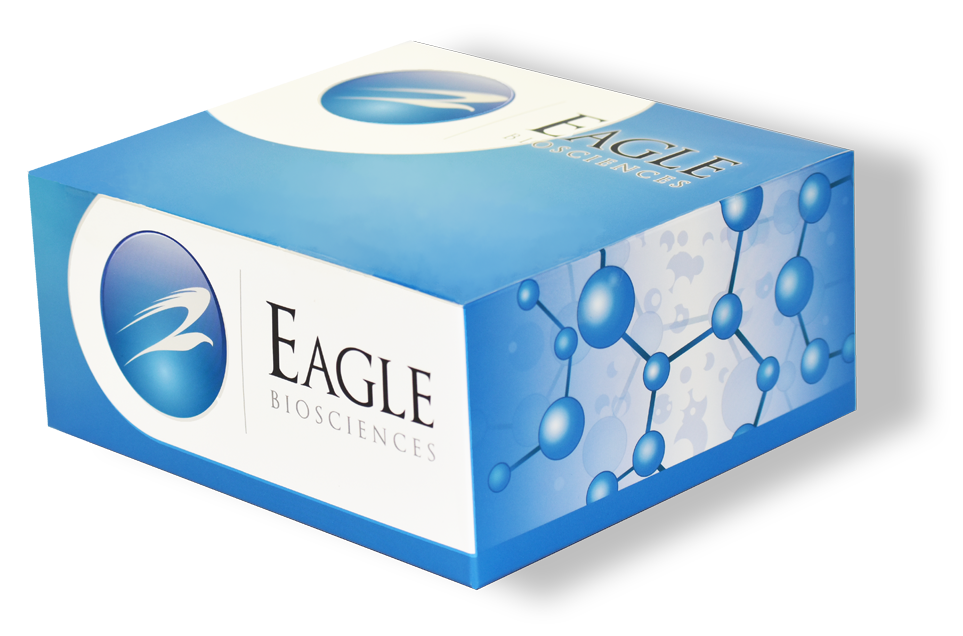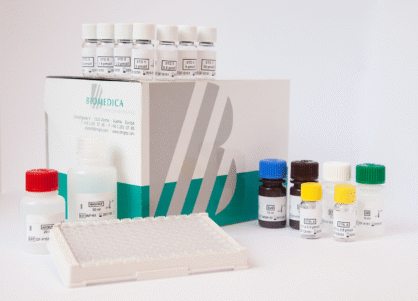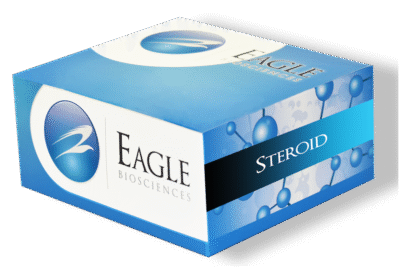Rat IgG ELISA Kit
Rat immunoglobulin G (IgG) is a major antibody isotype in the adaptive immune system, playing a critical role in humoral immunity by recognizing and neutralizing pathogens, facilitating opsonization, and activating complement pathways. In experimental models, rat IgG levels are often measured to assess immune responses following infection, immunization, or exposure to antigens. Quantifying IgG provides insights into the overall functionality of the immune system and helps track the production of specific antibodies in preclinical studies.
An enzyme-linked immunosorbent assay (ELISA) for rat IgG is a sensitive and specific method for detecting and quantifying IgG concentrations in serum, plasma, or other biological fluids. In research settings, rat IgG ELISAs are widely used to evaluate immune responses in vaccine development, autoimmune disease models, and infection studies. They also help monitor the effects of immunomodulatory drugs or experimental therapies on antibody production, providing a quantitative measure of humoral immunity.
While primarily used in preclinical research, rat IgG ELISAs can also inform translational studies that bridge animal models to human clinical applications. By understanding the dynamics of IgG responses in rats, researchers can better design and interpret immunological studies, optimize experimental treatments, and predict potential immune-related outcomes in clinical settings. This makes rat IgG ELISA a versatile tool for both fundamental immunology research and applied biomedical investigations.
This Rat IgG ELISA Kit is manufactured in USA by Eagle Biosciences.




